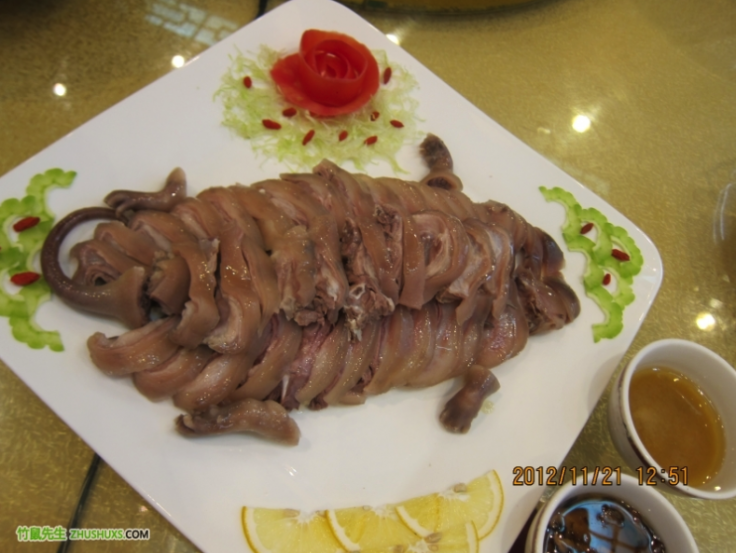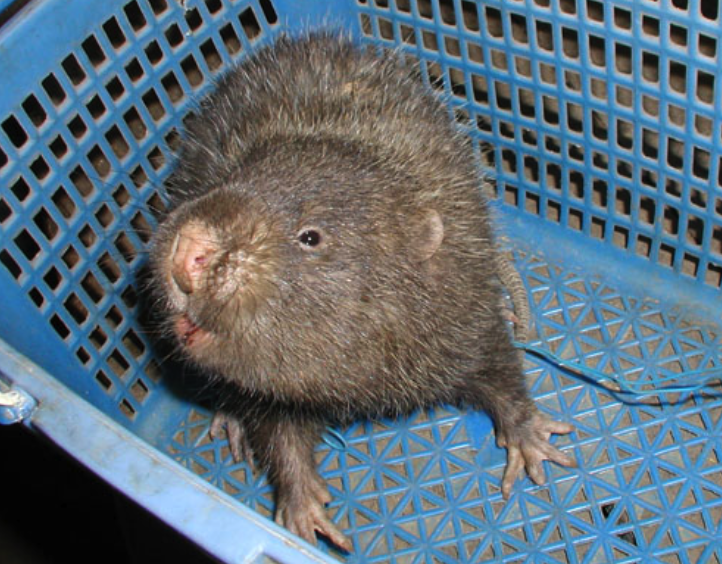Farmers and chefs across China cooked and sold giant wild rats, known as bamboo rats, which were considered a popular delicacy in the mainland before the coronavirus outbreak brought an end to the trade.
'100 reasons to eat them'
Bamboo rats have been a sought-after food source in China for centuries and hailed for their "nutritional value." The rodents were cooked in a wide variety of ways thanks to the "Hua Nong Brothers" who set a trend among millennials after posting videos of different ways to eat the rats on video-sharing platform Watermelon.

This led to an internet trend called "100 reasons to eat them," in which netizens compiled countless recipes of gobbling the large rats using the hashtag. Referred to as "zhu shu" in Mandarin, the giant rats can weigh five kilograms (11 pounds) and grow up to 45 centimetres (17 inches) in length and have been a popular dish for thousands of years since China's Zhou dynasty.
Images shared on a popular internet forum for bamboo rat recipes shows the large rodents being stewed, braised, boiled and simmered into a soup and even sliced up on a plate.

Bamboo rat breeders ask government for exemption from ban
Before China placed a ban on wild animals for consumption in China, there were estimated to be around 25 million bamboo rats bred for their meat. In Guangxi, an agricultural province located in southern China, more than 100,000 people used to rear about 18 million bamboo rats, a local officials told China News Weekly.
One month before the trade on these animals came to a screeching halt, China's leading epidemiologist, Dr. Zhong Nanshan, warned that the epidemic may be linked to bamboo rats or badgers while other experts have traced COVID-19 to bats and pangolins as the likely source.

With the wild animal ban in place, the country's rat breeders and their millions of rats are facing a bleak future. Last month, several breeders in the province of Guangdong disposed off more than 3,000 bamboo rats in a mass grave in a desperate measure to limit their financial losses, according to the Shanghaiist.
Despite being potential carriers of deadly viruses, bamboo rat breeders and farmers have sent an official proposal to Beijing asking the government to include bamboo rats on the list of animals exempt from the ban, claiming that the wildlife ban can potentially destroy their livelihoods, as reported by Bloomberg.









